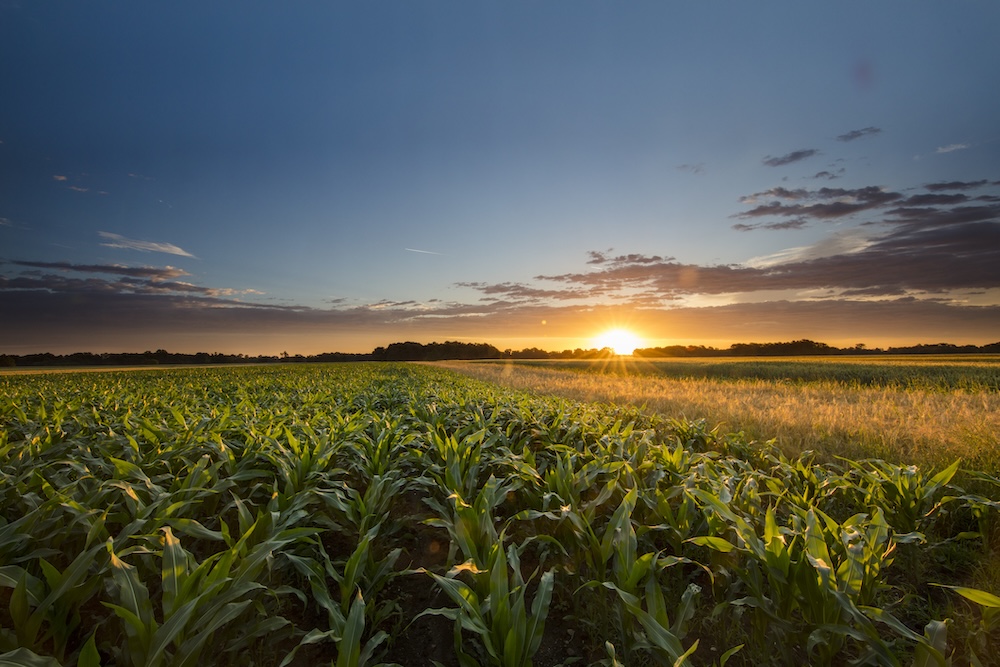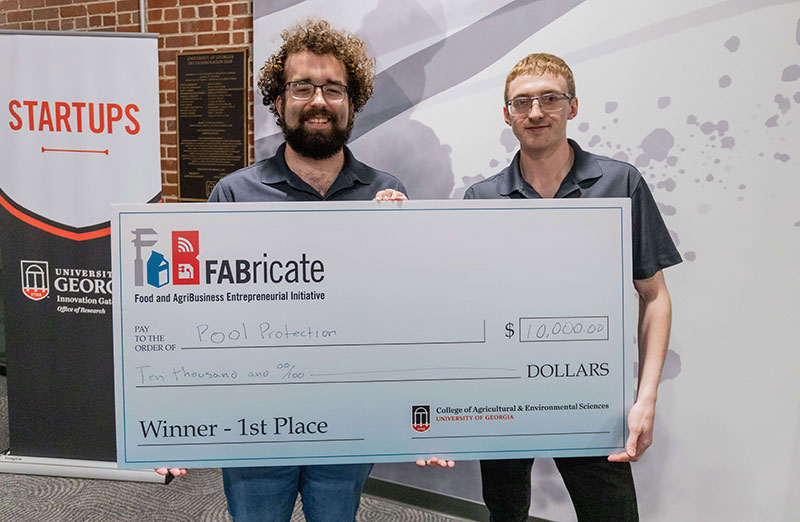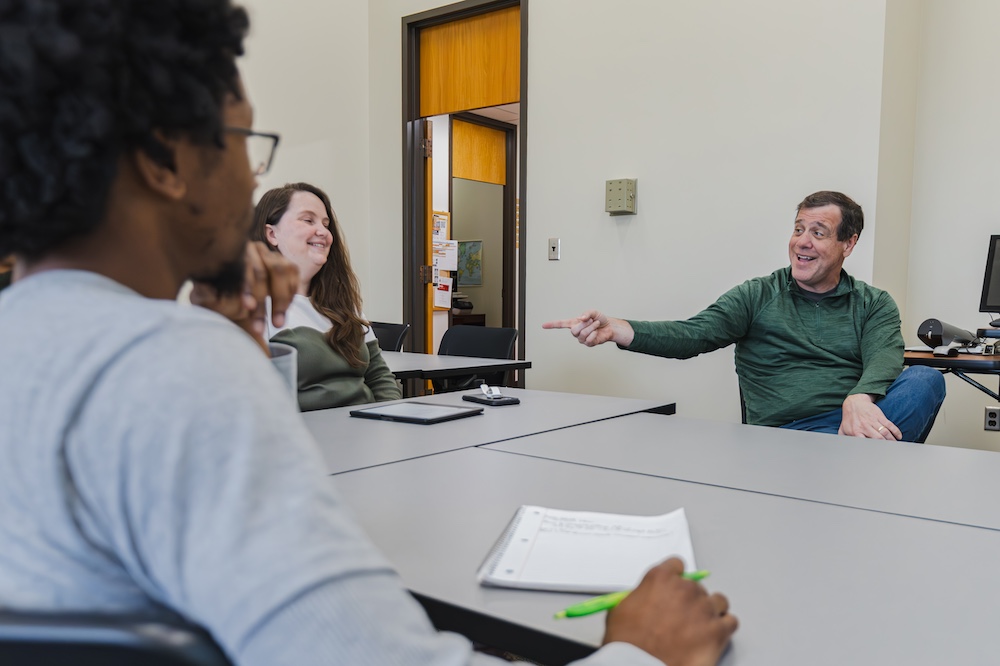Controlling coyotes and clearing trees will top the list of popular topics at the Agroforestry and Wildlife Field Day on Thursday, Sept. 17, at the University of Georgia’s Westbrook Research Farm in Griffin, Georgia.
Held every three years, the field day is a joint effort of UGA’s College of Agricultural and Environmental Sciences and Warnell School of Forestry and Natural Resources, the Georgia Forestry Commission (GFC), Georgia Department of Natural Resources’ Wildlife Resources Division (DNR – WRD), U.S. Department of Agriculture’s Natural Resources Conservation Service (USDA NRCS) and Abraham Baldwin Agricultural College.
“We deal with a lot of people who grow agricultural products, and some manage their stands and some don’t. Field days like this get people in contact with the experts that can answer their questions. I don’t know of another event that has this amount of experts in one spot with this size of a knowledge base,” said Jeff Sibley, GFC Chattahoochee district manager and member of the event’s planning committee. “These presenters are all top industry people and are prepared for you to pick their brains.”
Experts from across the state will discuss more than 30 topics at the field day, set to begin at 9:15 a.m. and to conclude at 4:15 p.m. Registration starts at 8 a.m. Trams will take participants through the forest to each speaker’s site, but participants must select their most desired topics.
“There are so many topics that, unfortunately, it’s impossible for one person to get to every stop in a day’s time,” said George Granade, chairman of the planning committee and director of field research services on the UGA Griffin Campus.
The committee began planning the event 18 months ago by considering participant surveys from the previous field day and making suggested changes, including removal and addition of topics.
“We’ve added five new topics this year: managing coyotes, small engine maintenance and repair, the wildland and urban interface (urban sprawl), how to select land for purchase and a demonstration of new vegetation cleaning equipment (mulchers),” Granade said.
The urban sprawl topic will include information on making the home “fire wise,” according to Sibley. “We have lots of single houses next to large pieces of property, and these homeowners need to know how to protect themselves in case of wildfires,” he said.
The coyote management topic was prompted by the increased interest in the coyote population in Georgia over the past 10 years, said Charlie Killmaster of DNR – WRD.
“We’ve had coyotes for 50 years or more in Georgia and in every county for the past 30 years. In the early to mid-2000s, we realized coyotes were having an impact on the fawn recruitment rate,” he said.
The field day discussion on coyote management will cover how landowners can monitor their property and the most effective means to mitigate or remove coyotes.
“UGA is doing a collaborative three-state study using monitored collars on coyotes. They’ve seen that some travel in excess of 100 miles,” Killmaster said. “They aren’t native to Georgia, but became established here primarily through a natural eastward expansion of their range."
He said the impact of coyotes on deer is highly variable across the landscape and may also change from year to year.
Landowners can easily determine whether they have coyotes. “They (coyotes) typically use roads as their corridors, and there will be plenty of scat and tracks. At night they are particularly vocal. You will hear them yipping,” he said.
In the area of forestry, Sibley said the most popular topics at the field day continue to be those on thinning and prescribed burning.
“We’ll discuss why, when and how to thin pines and, to some extent, hardwoods. Many people are afraid to thin their pines because they are thinking economically. You have to think long term and not just about the price you will get,” he said.
Thinning can also benefit forestry and wildlife. “I just read (UGA Warnell School) research that shows tick populations can be reduced through prescribed burning,” Sibley said.
Other forestry-related topics include management of invasive species like privet, cost share programs through GFC and USDA NRCS, timber harvesting and streamside management.
The entire list of topics can be found on the field day website at caes.uga.edu/events/awfd. The topics are grouped in subcategories to further help participants organize their day.
“It would really benefit potential participants to plan their day ahead of time, so they can be sure to hit the topics they want to see,” Granade said.
Organizers anticipate 400 to 500 participants at the field day. Registration is $30 and includes a field day cap and a barbecue lunch. To register, go to caes.uga.edu/events/awfd/ or call (770) 229-3477.







